Why do you need an exit strategy?
When you stop to think about what can derail the continuity of a business, the list seems longer than it should be. But business owners are some of the hardest working people out there, so with all that hard work, wouldn’t you think they’d have a higher success rate?
The truth is 45% of businesses fail within the first five years, and 85% of businesses exit within ten years.
The causes of these failures are not always due to mismanagement. Other factors, such as lack of capital or unforeseen circumstances, can be the cause of the derailment. Yet, there’s a common thread of resiliency among business owners, and it seems to be one of their most prevalent traits, especially as they’ve tallied years of the storms that come from owning a business.
Business owners are not the kind of people who throw in the towel.
While unforeseen circumstances can sometimes be avoided, many times they cannot. When ‘life’ happens to a business, owners can be caught off guard and become reactionary instead of responsive, especially if no contingencies are in place to direct the right pivot when disaster strikes.
For the 25% of businesses that make it 15 years or more, it’s not their ability to avoid disasters but rather their plans to overcome the weeks, months, or years of disaster. Ultimately, when the business owner decides to sell, they’ve spent years building and following a business exit plan that allows them to exit on their own terms.
What are the 5 D’s of business exit planning?
The 5 D’s of business exiting are:
- Disaster
- Disagreement
- Divorce
- Disability
- Death
Statistically, over half of all businesses will suffer from at least one of these in their business life cycle. Yet, because business owners think ‘it will never happen to me,’ they are caught unprepared when something happens, and for many owners, any one of the 5 D’s could take them down.
1. Disaster
The most daunting example of disaster is the one looming over our heads, the pandemic. While you can’t predict a pandemic, you can put things into place to help you and your team weather the storm.
What could a business owner do to prepare for a disaster?
Companies that already had a plan for business continuity in place were the ones who came out best.
If your technology is down, you get hacked, or someone becomes deathly ill or dies, the team knows the plan, who’s in charge, what to do, and how to conduct day-to-day operations. In a nutshell, we’re talking about acting out a resiliency plan.
As I said, the pandemic isn’t the only form of ‘disaster.’
Think of the widespread ransomware attacks occurring to small businesses everywhere. The ransom amounts have skyrocketed, and the hackers know how to keep you hostage when you refuse to pay it; they sell your information on the dark web. What’s the remedy? Make sure you have cybersecurity insurance and good technology safeguards in place. Best practices with your team are essential; do they know what to do when they receive a suspicious email?
Do you have your intellectual property protected, such as your website, logo, and company name? When putting your marketing together, make sure you’ve got your assets protected, so their work isn’t done in vain.
I had a client recently who had to change the name of their company due to another firm using the same name (who had it trademarked), and they had just redesigned their brand and rebuilt the website. Another type of business disaster!
2. Disagreement
Many years ago, when I owned other businesses, I had a partner I needed to ‘get rid of’. He created legal risks that implicated my other partner and me even though we had several discussions that he needed to stop.
Our attorney worked with us to dissolve the partnership with him (I had a majority equity stake), and without going into more detail, the rest is history. But if I could identify the biggest mistake, it was making him a partner without knowing him well enough.
Being a lot younger and a lot less experienced in reading people, I was captivated by all his talent, vast network of contacts, sales record, etc. Severing the relationship was expensive and time-consuming. It was also impossible to calculate the opportunity costs due to the distractions. A big lesson learned.
Fast forward to a few years ago when I was advising a client to buy out his partner of 15 years. As the story goes, the partner was enjoying the ‘benefits’ of business ownership by coming and going as he pleased while delivering a lackluster performance. Not to mention he made no effort to learn what it meant to be a business owner. He relied solely on my client to make the big decisions and the tough ones too. He had it good, that’s for sure.
To say the two men didn’t see eye to eye is an understatement. After my client made several attempts to buy out the wayward partner using rational thinking, using documented evidence to support his case with no success, we resorted to hiring an attorney to help us.
It took nearly two years to get it all done, but now my client is partner-free, sleeping better, and so much happier with his life. That was not the case for him for many years.
He learned the same lessons I did and then some. Yet it took him a lot longer to make the break happen because he waited around for things to get better, and they never did. He knows he’ll never get those unhappy, stressful years of his life back and wishes he would have acted long ago.
They say it’s more involved and complicated than marriage when it comes to taking on a partner, and I’d agree with that. You need to make sure you have a solid understanding of each other with supportive and complementary skill sets, coupled with legal documentation that you understand and agree with that outlines a severance plan. There’s no substitute for competent legal advice when you own a business, especially when partners are involved.
3. Divorce
When my former husband and I separated in 2010, I knew the unraveling of the marriage and household would be extremely difficult, especially for our children. But on top of all that, I had no idea how horrible and time-consuming the unraveling of our 23 years in business would be.
He had been injured in 2007 and hadn’t really worked since then. I was running the companies, raising the kids, taking him to therapy, and managing our real estate by myself. Something had to give, so I sold the companies to a competitor. The losses from his accident, the market conditions, and the divorce were devastating.
I only share this to emphasize how important it is to have your legal house in order. The ironic thing is that I was married to an attorney.
Looking back on all that, I can say I learned some tough lessons. One of those lessons was that we had not done any contingency planning for the business (in the event something happened to one of us) and certainly hadn’t planned for a divorce. The fact we were married made it simpler legally to divide the assets, but when partners are not married, it gets even messier, especially if they’re not properly set up. Unfortunately, this is a situation I often witness in my travels as a business consultant and certified exit planner.
4. Disability
If you’ve ever been away from work due to illness for longer than the duration of a virus, you know how stressful it can be. You’re trying to rush your recovery, but it won’t be rushed. You’re thinking about what’s happening at the office in your absence as the days away from your team drag on.
A couple of years ago, I was referred as an exit planner to a couple who needed help preparing to sell their company. They co-owned the business, but the wife only worked on projects and not day to day. Then one day, her 60-year-old, healthy, fit husband had a debilitating stroke. After nearly two years of rehab, the initial prognosis for full recovery was recanted. He wouldn’t be going back to work after all.
His disability required that she retain an Investment Banker to sell quickly because she needed to be at his side as a caregiver and was not at all interested in running the business alone any longer. Fortunately for them, they had a very sellable enterprise and had multiple parties interested in buying it. That is not the case very often for most businesses.
Aside from the benefit of being very marketable, they still had very real, lasting obstacles to face together. Disability strikes when no one expects it, and most of the time, the victim and loved ones are ill-prepared.
5. Death
It happens to everyone, but none of us like to talk about it. Yet, not talking about it can lead to terrible consequences for the business and the survivors. As a business owner, I’m sure that is the last thing you’d ever want for your loved ones and employees. So, be brave with me, and let’s explore some of the things you can do to mitigate the risk of not being prepared, just in case.
The first thing you need to do is visit your Estate Planning attorney. This person is skilled at walking you through the process of preparing; what to protect, who to protect, and how to protect. This person will likely give you a questionnaire that you will want to complete with your spouse if you are married.
As long as we’re talking about legal matters, let’s explore some things that will affect your company if your legal house is not in order.
Aside from estate planning, I would suggest you meet with a good business lawyer to do a legal audit of your business. Each business is set up differently, and when other shareholders are involved, there are considerations and documentation that I’ve seen missing too many times. Ultimately, the result is severe jeopardy for surviving owners and heirs.
Even if you are the sole owner, you still need to make sure you have proper legal contingencies in place. Your attorney will know what to do.
Last, a written letter of instruction from you comes in very handy for family members and employees who would otherwise not know what your wishes are for the continuity of the business. Do you have a preferred successor who should take over in the event of your untimely death? Do your stakeholders know this? Likewise, if your wishes are for the family to sell, do you have a trusted adviser they should call first to get the ball rolling?
These may sound like simple steps to take, but they truly will put your family and employees in a better position to continue the business while they’re in the process of grieving. In other words, make it as easy on them as you can.
Build a Marketing Plan Designed to Withstand The 5 D’s
I think you get the point of what it means to suffer from a business disaster, disagreement, divorce, and so on. The 5 D’s can take many other forms as well. My hope is that you will take action to protect the business you’ve worked so hard to build so that you can exit someday on your own terms.
A key part of protecting yourself against the 5 D’s is building a marketing strategy for your business exit plan. A marketing strategy provides a layer of protection against any of the 5 D’s you may encounter because it provides a solid plan even during times of crisis.
The free download provides everything you need to build or improve your marketing strategy to protect your business, grow your enterprise value, and have confidence in your business exit.
About the Author
Julie Keyes is the founder and owner of KeyeStrategies, LLC and has been an entrepreneur for the majority of her life. As the founder and operator of several companies, she understands what keeps an owner up at night and the balancing act required to work both ‘in’ and ‘on’ the business. Having outside perspective and mentoring made all the difference for her, as she spent years growing and improving her companies before selling and becoming a business adviser in 2011.
As a Certified Exit Planning Advisor and Value Growth Adviser, she works with business owners who seek to understand and maximize their exit and critical transition options. She is President Emeritus of the Exit Planning Institute Twin Cities Metro Area Chapter and a faculty member for their CEPA Program. In addition, Julie was awarded EPI’s 2017 “Leader of Year.” Her speaking engagements bring her across the country delivering her exit planning expertise to owner and adviser groups alike.








